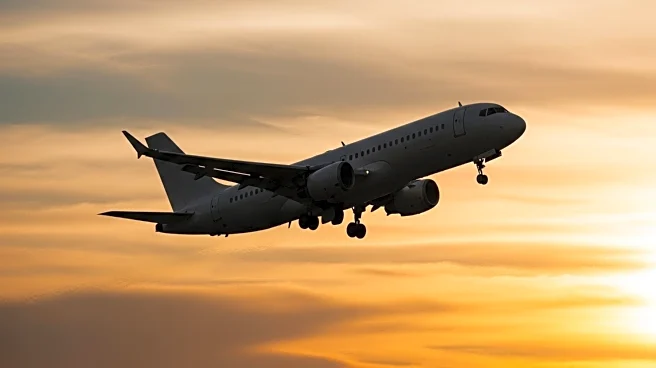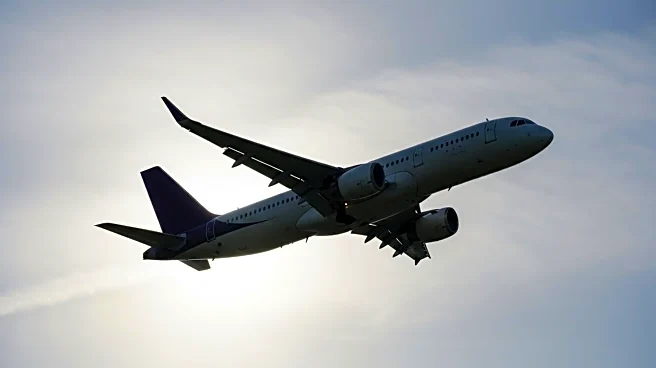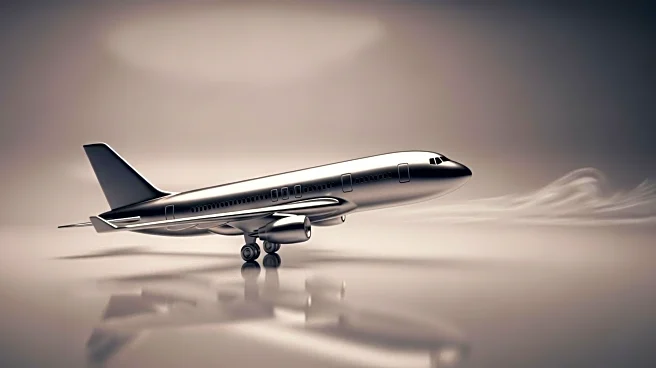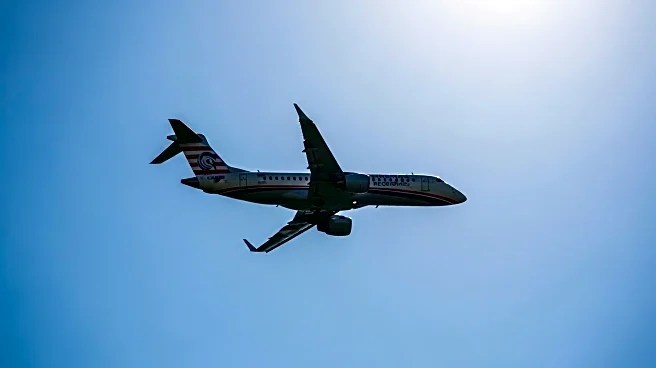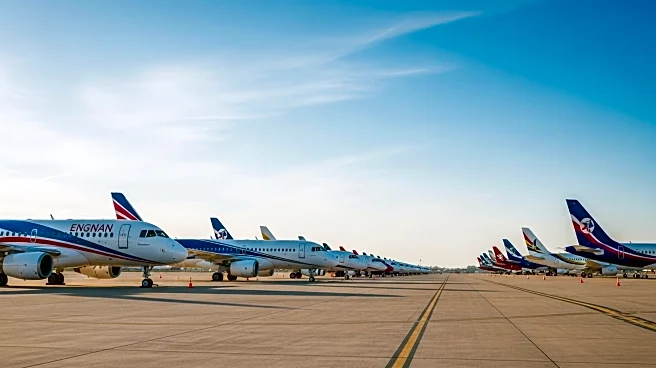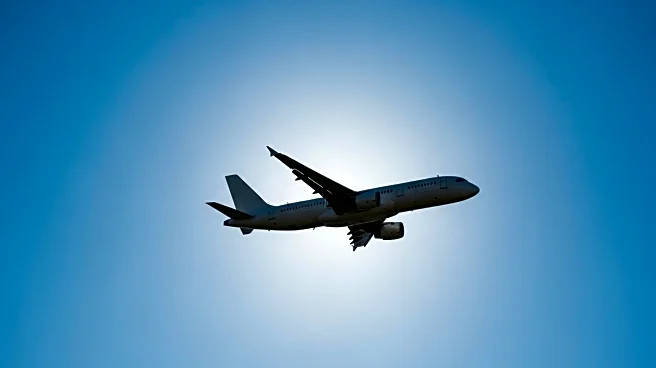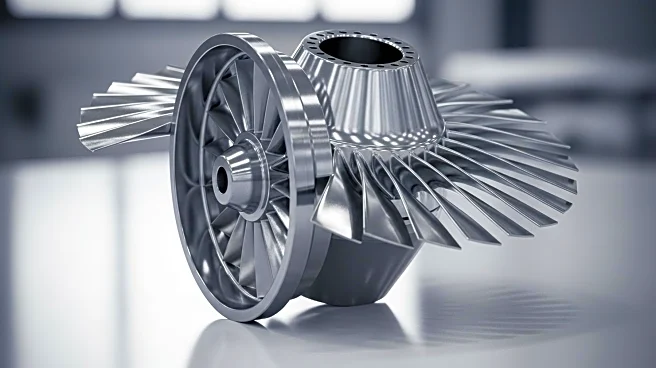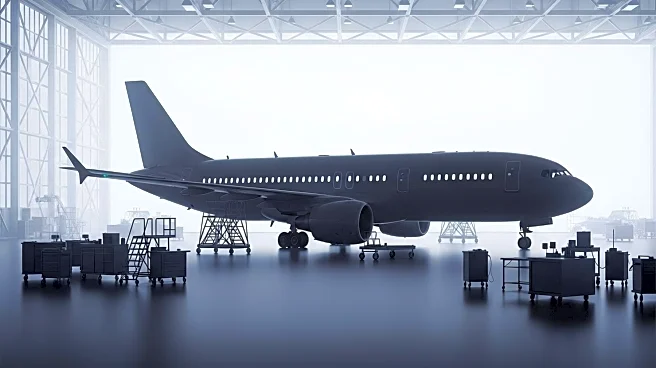What's Happening?
Spirit Airlines is experiencing significant operational disruptions due to ongoing issues with its Pratt & Whitney geared turbofan (GTF) engines. The airline has applied to reject 87 Airbus A320ceo and neo-family aircraft, many of which are affected by GTF engine maintenance and inspection problems. As of October, approximately 40 Spirit Neos were parked, contributing to a 24% reduction in capacity for the quarter ending June 30, 2025. Spirit has received $72 million in credits from Pratt for aircraft grounded due to these issues. The removal of GTF engines from service is expected to continue through at least 2026, impacting Spirit's operational capabilities and financial liquidity.
Why It's Important?
The operational challenges faced by Spirit Airlines highlight the broader implications for the aviation industry, particularly concerning engine reliability and maintenance. The reduction in capacity and potential rejection of aircraft could affect Spirit's market presence and financial stability. This situation underscores the importance of robust engine performance and maintenance protocols, which are critical for airline operations. The financial impact, estimated between $150 million and $195 million, could influence Spirit's strategic decisions and its ability to compete in the low-cost carrier market.
What's Next?
If the court approves Spirit's application to reject the aircraft, the airline will need to reassess its fleet strategy and operational planning. The ongoing engine issues may prompt further negotiations with engine manufacturers and lessors to mitigate disruptions. Additionally, Spirit may explore alternative aircraft options or routes to optimize its network and maintain service levels. The industry will be watching closely to see how Spirit navigates these challenges and whether similar issues arise with other carriers using GTF engines.
Beyond the Headlines
The situation with Spirit Airlines raises questions about the long-term reliability of GTF engines and their impact on airline operations. It also highlights the potential financial risks associated with engine maintenance and inspection delays. As airlines increasingly rely on advanced engine technologies, the need for effective maintenance strategies becomes more critical. This development may prompt regulatory scrutiny and influence future engine design and manufacturing standards.

